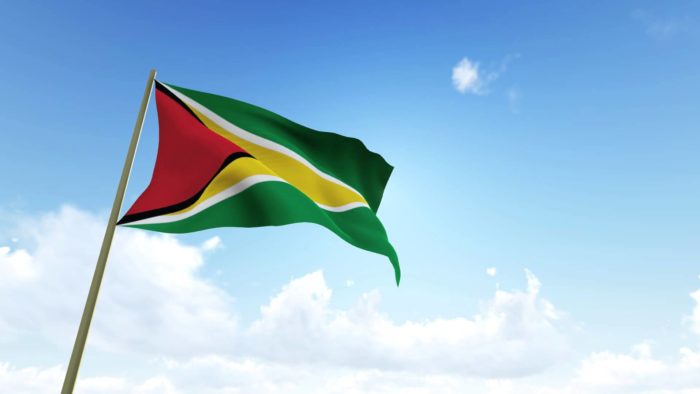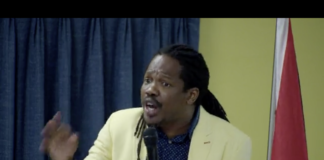
Former President Donald Ramotar has criticised a decision of the Court of Appeal that President David Granger acted within the Constitution when he appointed retired justice James Patterson as Chairman of the Guyana Elections Commission (GECOM).
“It is another incident pushing our country along the road to social and economic ruination and towards an authoritarian Government. I was very much part of the coinage of Article 161 (2) and, therefore, I have personal knowledge of the reasons behind it, the way it evolved to its current expression and the way that it was interpreted and applied in the past. It was never ambiguous and never evoked any controversy over the last 25 years,’ Ramatar said in a letter published in the media.
President Granger, had in October 2017, appointed Patterson to the post after rejecting a total of 18 names contained in three lists submitted by the Leader of the Opposition, Bharrat Jagdeo,
The opposition People’s Progressive Party (PPP) later filed a High Court action requesting that the decision be quashed arguing that President Granger had violated the Constitution by selecting Patterson. Earlier this year, Chief Justice Roxane George-Wiltshire ruled that Granger can rightfully ignore the Opposition Leader’s nominees for the post.
PPP executive secretary, Mustapha Zulfikar appealed the decision asking the Court of Appeal to scrap the entire decision and instruct President Granger to pick one of Jagdeo’s 18 nominees contained in three separate lists.
In his letter, Ramotar said the Constitution was amended to remove the unilateral power of appointment from the President and to introduce the Leader of the Opposition into the equation, in order to achieve political consensus and to widen the pool of persons from which the Chairman is to be chosen.
“What is so difficult to understand? I am sure that every objective minded Guyanese knows this. In the 1999-2001 constitutional reform process, all the political parties unanimously agreed to constitutionalize this Carter-Price formula. In fact, it is the PNC that led the charge.
“Its major argument then was that it was important to cement the role of the Leader of the Opposition and to curtail the President’s power of appointment. Now that they are in Government, they are seeking to exclude the Leader of the Opposition and increase the power of the President. Therein lies the ideological authoritarianism, which exists in the belly of the PNC,” Ramotar wrote.

He said he would never accept that the Court of Appeal does not know the intent of Article 161 (2) of the Constitution and has given his support to the decision by the PPP to take the matter to the Trinidad-based Caribbean Court of Justice (CCJ), which is the country’s highest and final court.
“Fortunately, the Guyana Court of Appeal is no longer our final court. We now have the Caribbean Court of Justice. This is an important case for that Court. I am looking forward to the decision of that Court, as I know that the matter is going there”.
Last weekend, Jagdeo, a former head of state, said he too was looking forward to a ruling on the issue by the CCJ.
“This travesty in the ruling that we have seen by the Court will be overturned at the CCJ. If the CCJ doesn’t overturn that, it loses all of its credibility because this is what was placed in the Constitution through joint agreement by all the parties and twenty-five years of practice upheld that interpretation of the Constitution and now Granger unilaterally changes this all and now we have this perverse decision of our courts here in Guyana,” Jgdeo told a PPP meeting at Herstelling, East Bank Demerara.
“This is one of the reasons why I took Guyana into the CCJ so that we can have an external review of decisions made here and today that will test the mettle of the CCJ,” said Jagdeo.
Last week, Attorney General and Minister of Legal Affairs, Senior Counsel Basil Williams said the government welcomed the Court of Appeal ruling.

“We were always convinced that under the constitution, the President has the right to appoint the chairman from a list of six persons and, insofar as the President finds that the list is unacceptable, then he can properly reject the list and that has happened three times and the court has arrived at the decision that the President acted constitutionally and lawfully,” he said.
Advertise with the mоѕt vіѕіtеd nеwѕ ѕіtе іn Antigua!
We offer fully customizable and flexible digital marketing packages.
Contact us at [email protected]

















